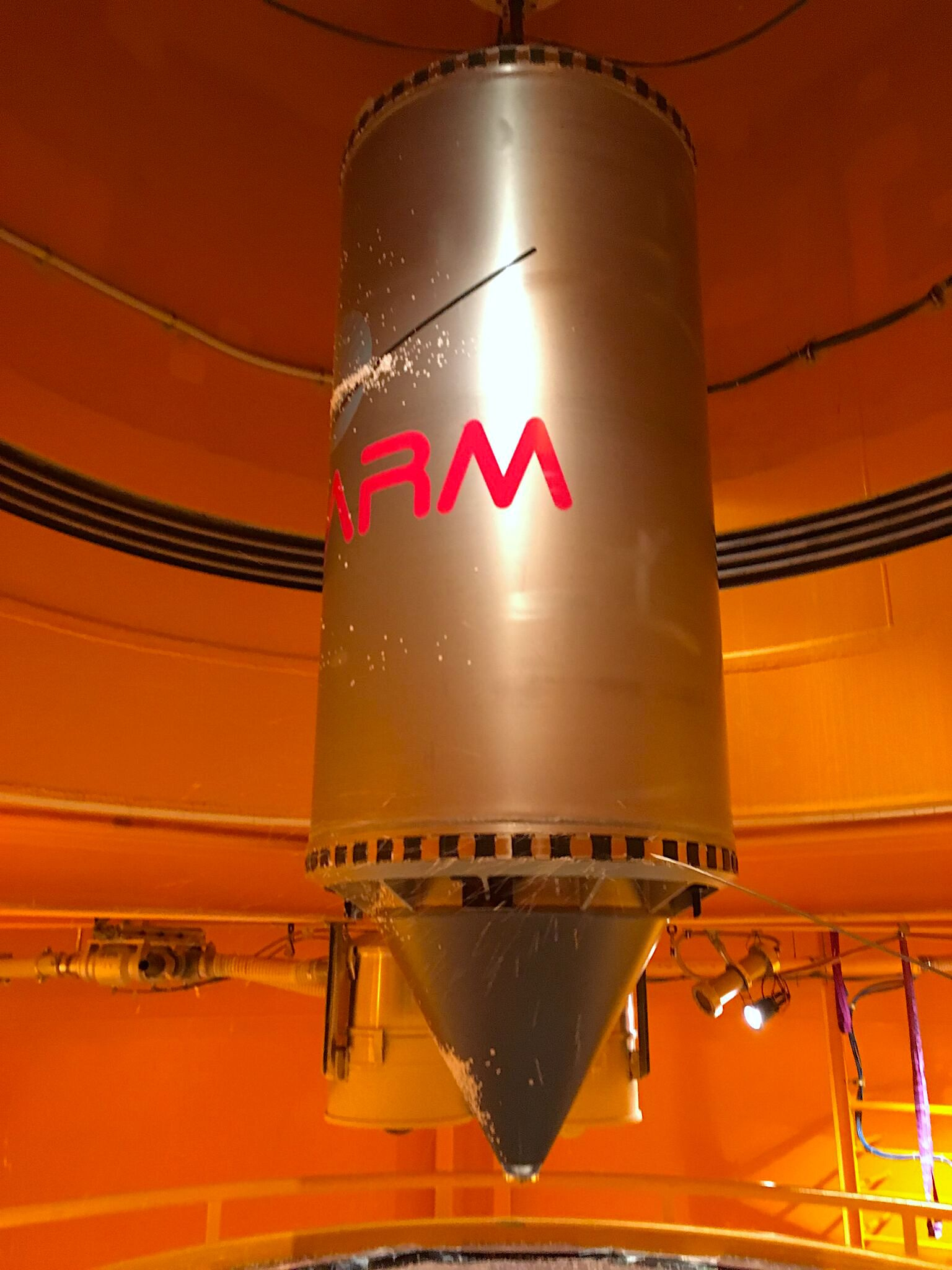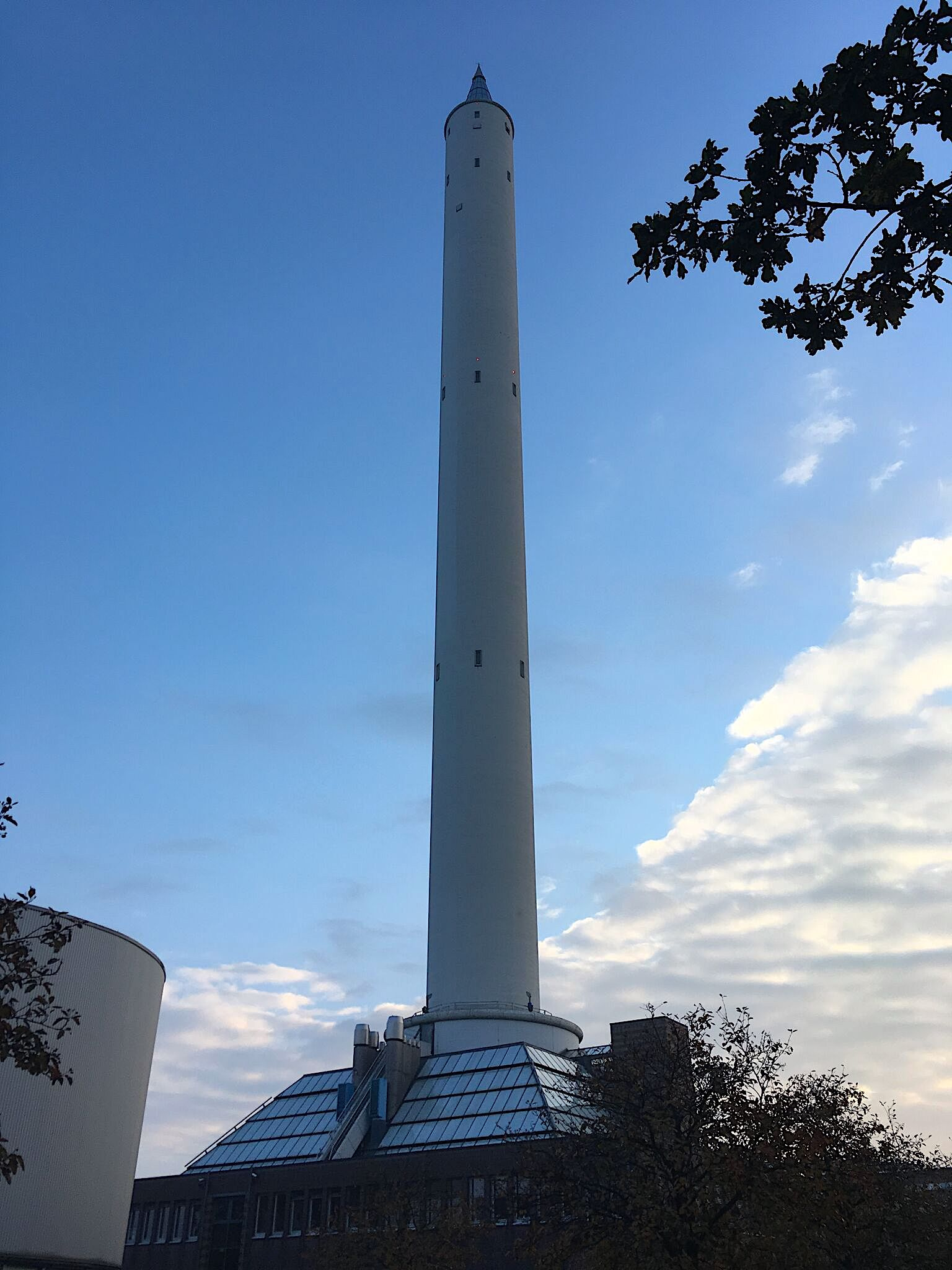Solar-Assisted Fuel Production in Microgravity Environment
Published in Chemistry
The paper in Nature Communications is here: https://go.nature.com/2KOfDLm
In an experimental series at the Bremen Drop Tower, we could unprecedentedly produce hydrogen in 9.3s of free fall in a photoelectrochemical set-up employing p-type indium phosphide as the photocathode material and rhodium as a deposited thin film electrocatalyst. While studying the system in the absence of microgravity (and therefore also the absence of buoyancy) we discovered that hindered gas bubble detachment at the electrode surface influenced mass transfer of protons from the acidic electrolyte solution to the photoelectrode which reduced the overall efficiency of the half-cell during free fall. By nanostructuring the electrocatalyst surface employing shadow nanosphere lithography, we could demonstrate efficient solar-assisted hydrogen in microgravity environment which favors gas bubble release from the electrode surface and therefore, overcome mass-transfer limitations. Theoretical simulations of the ‘nanostructured’ and ‘thin film’ photoelectrode complemented the studies.
With these first experiments on solar hydrogen production in microgravity environment we hope to bridge the solar fuels research community and the space research community, realizing that both communities actually have the same goal: generating a reliable and stable renewable energy supply by only producing oxygen as a byproduct - for long term space missions and to meet our future energy demand on Earth. Taking only water, CO2 and sunlight as a substrate and producing high-energy density fuels, a solar fuel device is a promising alternative to currently existing life support technologies - and it seems that both research communities can actually learn a lot from each other.
Our team would like to thank all contributors - especially, the great support we have received from the European Space Agency and the Bremen Drop Tower. It has been a great pleasure and fun to work with everyone!


Please sign in or register for FREE
If you are a registered user on Research Communities by Springer Nature, please sign in
Great to see this published, Katharina! :)
Yes, I'm really happy, thanks!! :)
Congrats on the publication! It's exciting to see this work finally out there!